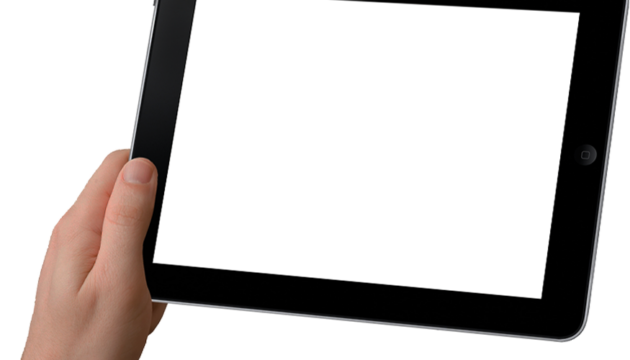Most people feel hunger many times throughout the day. Some people feel it as soon as they wake up, others rarely eat breakfast. Some people like to graze throughout the day, while other people prefer to sit down to a big meal. In France, snacking is frowned upon and lunch is the biggest meal of the day. In America, potions are typically much larger than the rest of the world. In Spain, dinner is typically eaten at around 10 P.M. All around the world, and even across the U.S., eating habits and culture shape the way we experience and deal with hunger. In general, there are two types of hunger: physical and mental. Physical hunger is considered more “real” while mental hunger is felt psychologically.
When you make the decision to begin a weight loss program, you may find yourself thinking about food more than ever before. Dealing with restrictions can make you crave those tasty yet unhealthy foods you were eating before but that doesn’t mean you should put them in your body. Being left hungry is a big fear and a major set back for a lot of people on their path to weight loss, so recognizing the difference between physical and mental hunger can make all the difference if you find yourself struggling.
These two types of hunger may often feel the same but there are some clues you should be aware of to be able to tell the difference. When your body needs fuel and energy, it will send you hunger signals in a certain way. In general, physical hunger is gradual and isn’t fixated on specific foods. You may experience low energy or lightheadedness if it takes you a while to satisfy physical hunger. On the other hand, mental hunger, or emotional hunger, is more sudden and urgent. It can be triggered by the craving of a certain food and usually involves absent minded eating. It is also often paired with an upsetting emotion (something negative happens so you want to eat something to make you feel better). Unlike physical hunger, mental hunger does not go away when you are full and it can cause you to overeat, which leaves you feeling guilty instead of energized and satisfied.
Recognizing mental hunger is the easy part – resisting it is the real battle. The first thing you should do when you’re trying to determine if you’re actually hungry or not is to stop and think about why you want to eat. Are you bored? Anxious? Upset? As we have said, negative emotions can make you think you want to indulge in that yummy food that makes you feel better. Instead of immediately giving in, even if you’re about to eat something healthy, reflect on your emotions and remind yourself that emotions can’t make you hungry. They just convince you that you are. You should also pay attention to the time. When was the last time you ate? For example, if you just had a meal but you’re looking for dessert, you’re not actually hungry you’re just craving something sweet because you often have dessert and your body looks forward to it whether you realize it or not. You can also try drinking a glass of water before deciding if you really need a snack. Another way you can help yourself is to have healthy snacks on hand. Not only will you be able to satisfy your hunger with something good for you and your weight loss, but snacks that are high in protein and fiber will help keep hunger at bay.
Mental hunger can be one of the biggest challenges when it comes to weight loss. Emotions are so closely tied to eating – we celebrate with food and we grieve with food. Most social events and holidays seem to revolve around food. Cutting the ties with your cravings and emotional eating habits is hard and takes time, but it will happen. You’re not just eating healthy to lose weight – you’re creating new habits for yourself without even realizing it.
~Love to Live Healthy with Josephine Fitzpatrick
Innovation Weight Loss and Fitness
8031 Jericho Tpke Woodbury, NY 11797
469 7th Ave Manhattan, NY 10018




